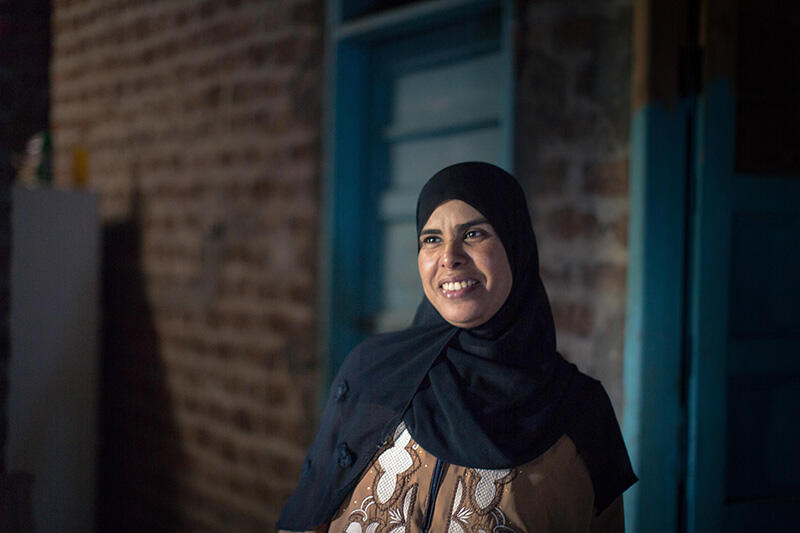Hoda Hamed welcomes people into her home in Upper Egypt. She is a leader in convincing people to abandon female genital mutilation (FGM). © UNFPA Egypt/Sima Diab
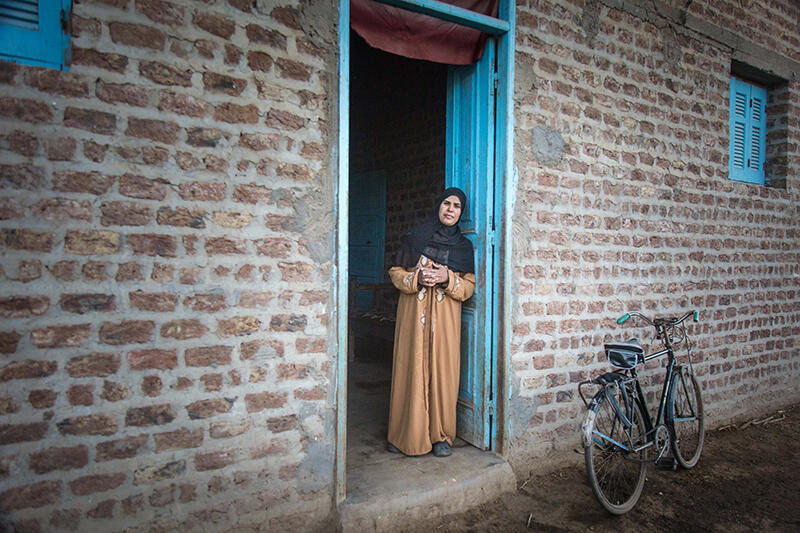
Listening to people from her community, Ms. Hamed mentally works out the best approach to persuade them. © UNFPA Egypt/Sima Diab
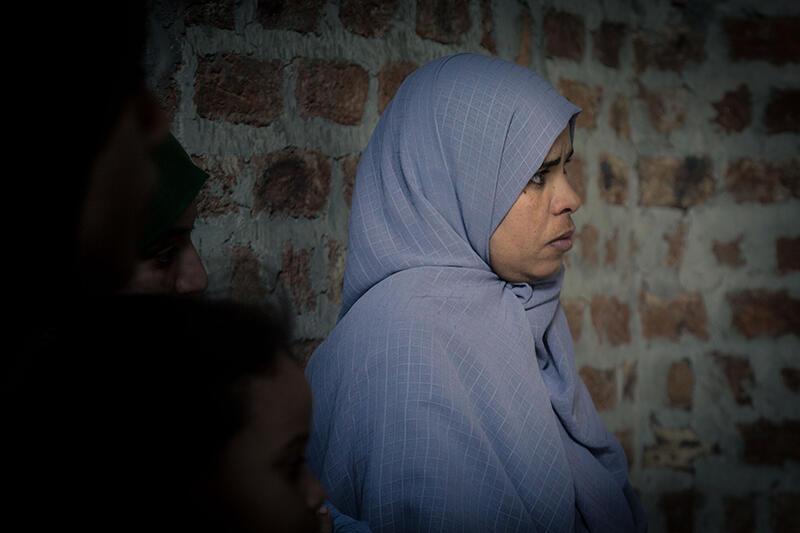
“Married women who underwent FGM suffer a lot,” she told UNFPA. “FGM really affects negatively the intimate relationship between husbands and wives.” © UNFPA Egypt/Sima Diab
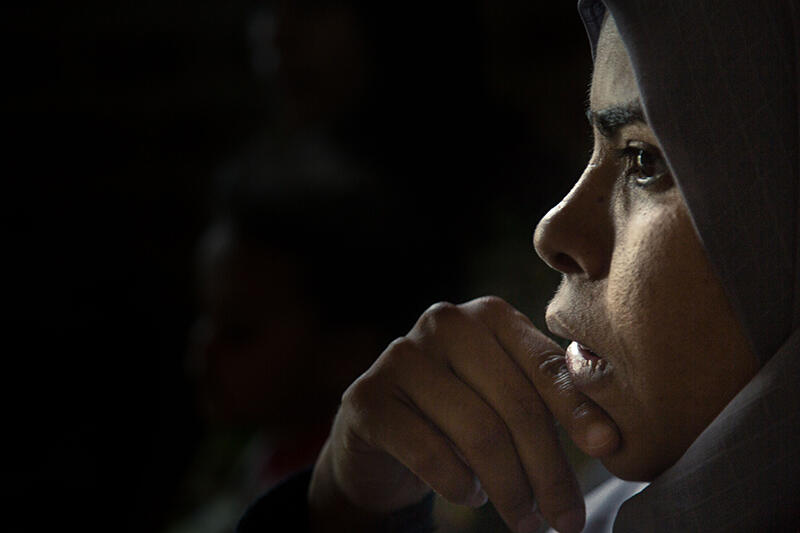
“There must be a way to raise the awareness of those young girls and boys who soon will become mothers and fathers.” © UNFPA Egypt/Sima Diab
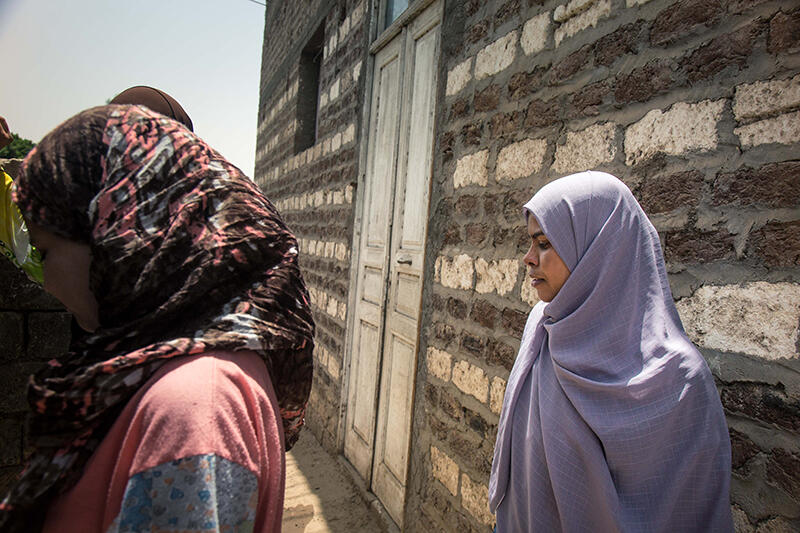
She has successfully convinced villagers to reject FGM. But the practice remains widespread, with the highest rates in rural and impoverished areas. © UNFPA Egypt/Sima Diab
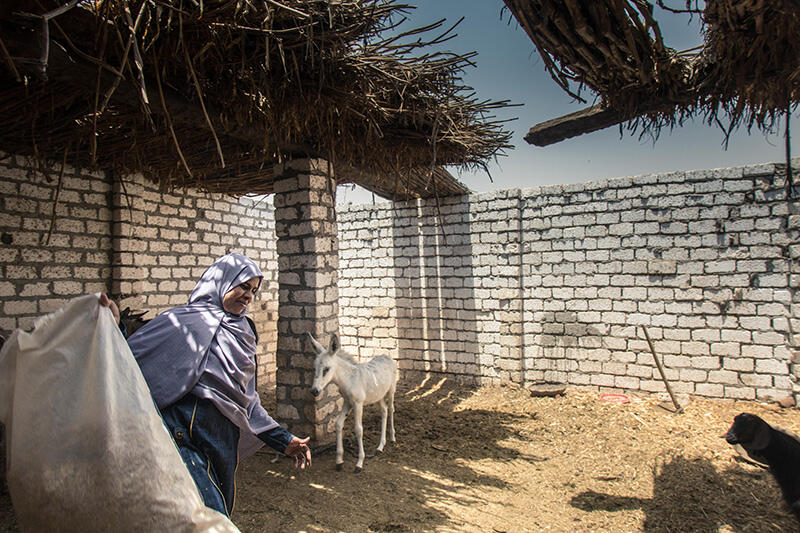
“Ignorance and illiteracy are the main reasons for the continuation of a horrible practice like FGM.” © UNFPA Egypt/Sima Diab
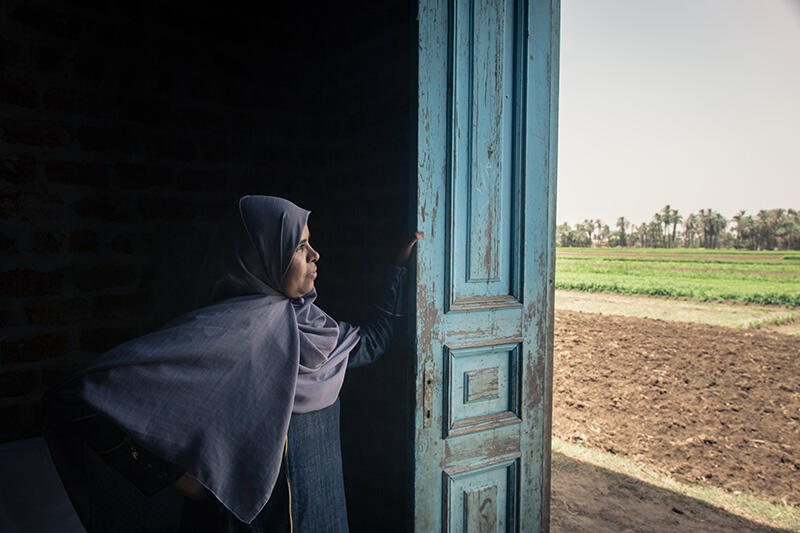
“Unfortunately, still there are traditional birth attendants, and even doctors, who perform FGM.” © UNFPA Egypt/Sima Diab
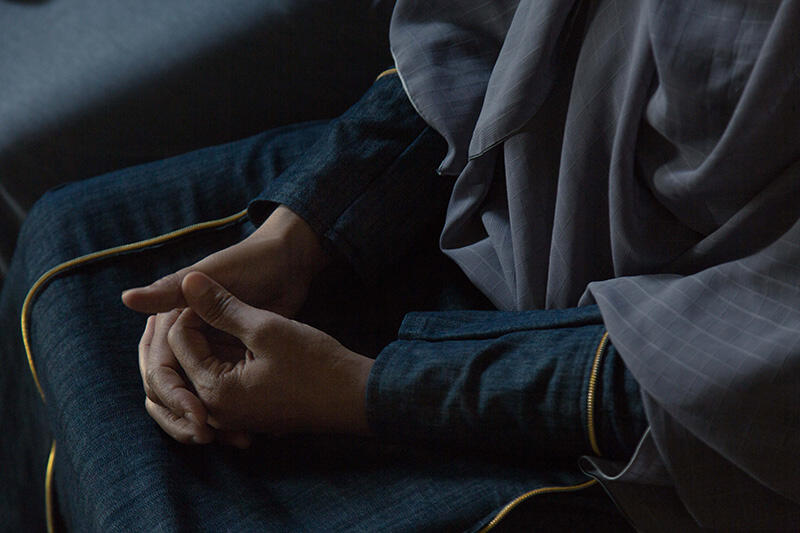
“The only way to protect my daughter from being cut was to involve my husband. It’s very important for men to know the harmful physical and psychological consequences of FGM.” © UNFPA Egypt/Sima Diab
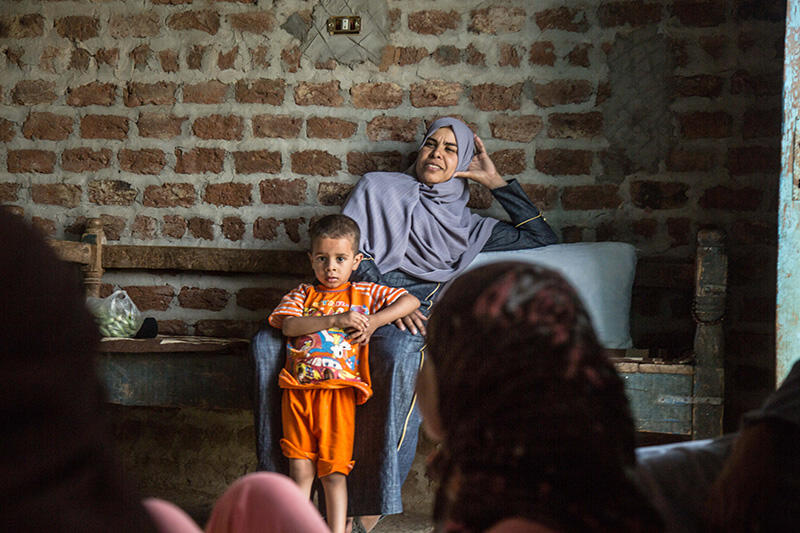
Throughout Egypt, support for FGM remains high. But Ms. Hamed is not deterred. “There is always hope! And it is never too late to change one’s mind.” © UNFPA Egypt/Sima Diab
